I found this curious exercise on the book Problems and Theorems in Analysis I, by Pólya and Szegö, and I thought it was a nice problem to propose here, since its solution requires only basic combinatorial concepts.
Consider the harmonic series \[\sum_{k=1}^{+\infty} \frac{1}{k},\] which is known to diverge. Show that removing all fractions whose denominator contains the digit \(9\) in its decimal representation leads to a convergent series.
Call \(S\) the series obtained in the way defined above. We will try to find an upper bound to \(S\).
- How many numbers not containing the digit \(9\) are there between \(1\) and \(9\) included? Note that all of those numbers are greater than or equal to \(1\). How many numbers not containing the digit \(9\) are there between \(10\) and \(99\) included? All these numbers are greater than or equal to \(10\).
- Generalyze the answer to 1.: for \(m=0,1,2,\dots\), find a formula for the number of elements not containing \(9\)’s in the list of numbers \(\{10^{m-1}, 10^{m-1}+1,\dots, 10^{m}-1\}\). In order to do so, recall that the first digit can be one of the numbers \(\{1,2\dots,8\}\), whereas all the other \(m-1\) digits can be any among \(\{0,1,\dots,8\}\). All these numbers are greater than or equal to \(10^{m-1}\).
- Using the result of 2. show that \[S \leq \sum_{m=1}^{+\infty} 8\cdot \left(\frac{9}{10}\right)^{m-1}.\]
- Use the fact that \[\sum_{k=0}^{+\infty}a^k = \frac{1}{1-a},\]valid for \(|a| < 1\), to show that \[S \leq 80.\]
